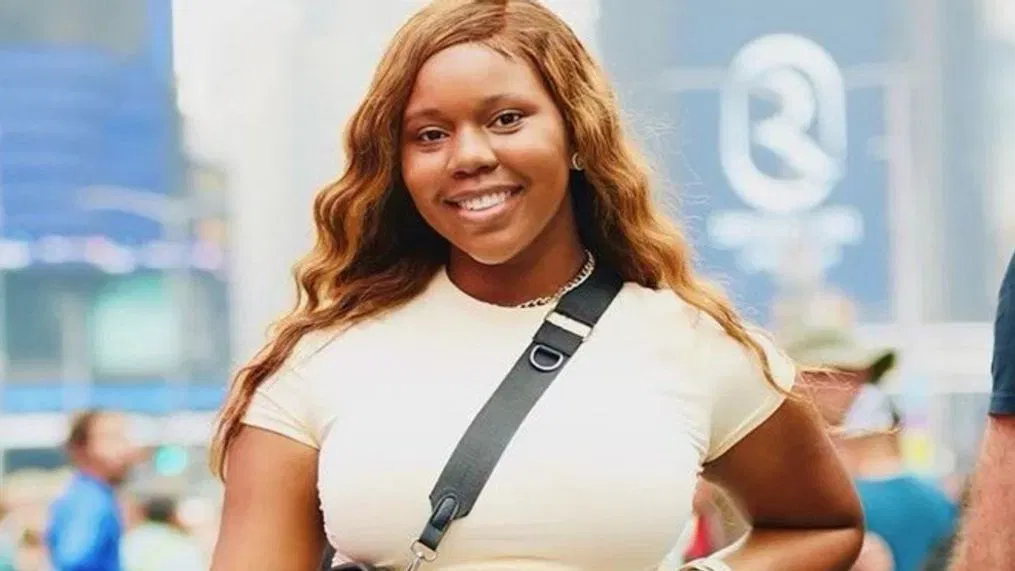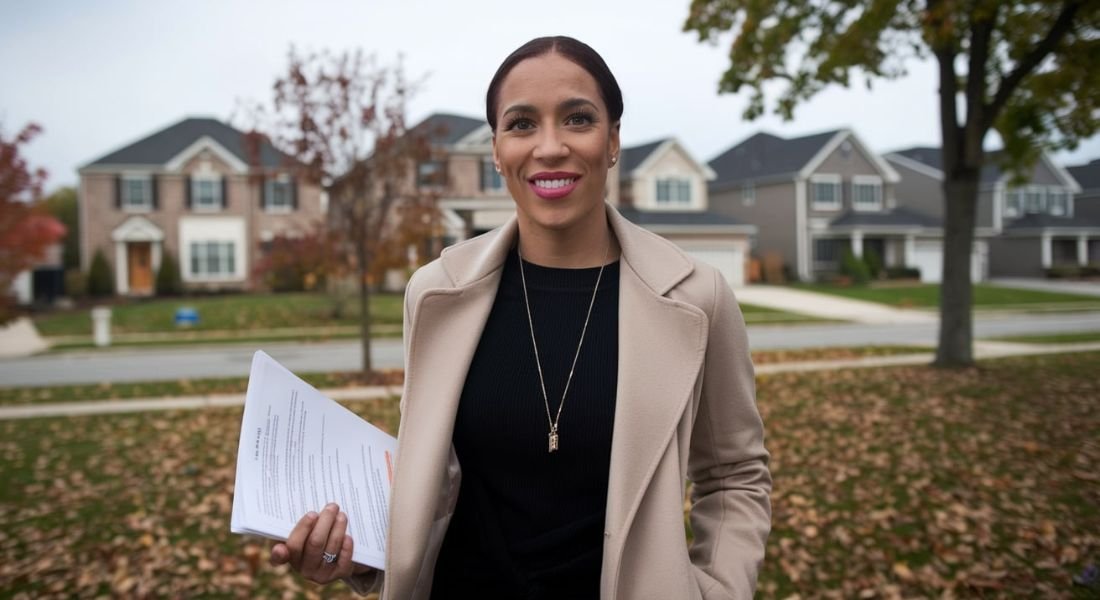Introduction
Carlee Russell’s story captivated the nation in July 2023. The Alabama nursing student vanished for two days, sparking a frantic search and national media attention. However, the story took a dramatic turn when Russell admitted she fabricated the entire ordeal. This article explores the events of the Carlee Russell case, the impact of her actions, and the lingering questions.
Disappearance and Desperation: A Community Rallies
On July 13th, 2023, Carlee Russell reportedly called 911 from a highway near Hoover, Alabama. She claimed to see a toddler on the side of the road and then be abducted herself. The details were vague, but the story of a missing young woman was enough to trigger a massive search effort.
Key Terms:
- Disappearance: When someone goes missing and their whereabouts are unknown.
- Abduction: The act of taking someone away forcefully.
- Search Effort: Actions taken by authorities and volunteers to locate a missing person.
News of Russell’s disappearance spread quickly on social media, particularly TikTok. Posts with the hashtag #FindCarleeRussell garnered millions of views, reflecting the public’s concern. Police deployed resources, volunteers organized search parties, and the community rallied in a desperate hope to find Carlee safe.
Key Terms:
- Hashtag: A word or phrase preceded by a # symbol used on social media to categorize content.
- Volunteer: Someone who offers their time and services without pay.
A Confession and Crumbling Facade
After a tense 48 hours, Carlee Russell reappeared. She initially stuck to her abduction story, but inconsistencies emerged. Police investigations revealed discrepancies in her timeline and a lack of evidence to support her claims.
On July 24th, 2023, a shocking twist unfolded. Russell, through her attorney, admitted she had fabricated the entire story. The news sent shockwaves through the community, leaving many feeling anger, confusion, and a sense of wasted resources.
Key Terms:
- Inconsistencies: Discrepancies or contradictions in a story.
- Fabrication: The act of creating a story that is not true.
Legal Repercussions and Lingering Questions
The revelation of the hoax led to legal consequences for Carlee Russell. She was charged with two misdemeanors: filing a false police report and falsely reporting an incident. A judge found her guilty and recommended jail time and restitution for the costs incurred during the search.
Russell ultimately received probation and community service, a lighter sentence than some anticipated. The case raised questions about the motivations behind her actions and impact on the community.
Key Terms:
- Misdemeanor: A less serious crime compared to a felony.
- Restitution: The act of compensating someone for loss or damage.
- Probation: A period of supervision instead of jail time.
- Community Service: Unpaid work performed for the benefit of the community as punishment.
FAQs:
Why did he fake her kidnapping?
There is no definitive answer. Some speculate she craved attention, while others believe she may have been struggling with personal issues.
What impact did the hoax have on the community?
The incident caused a great deal of stress and wasted valuable resources. It also eroded public trust in reports of missing persons.
What lessons can be learned from the Carlee Russell case?
This case highlights the importance of verifying information before spreading it on social media. It also emphasizes the need for mental health support and responsible media coverage of missing persons.
Conclusion:
The Carlee Russell story serves as a cautionary tale. It demonstrates the power of social media and the dangers of spreading misinformation. More importantly, it raises questions about mental health and the need for support systems. While the search for Carlee Russell ended peacefully, the impact of her actions continues to resonate within the community.






















Leave a Reply